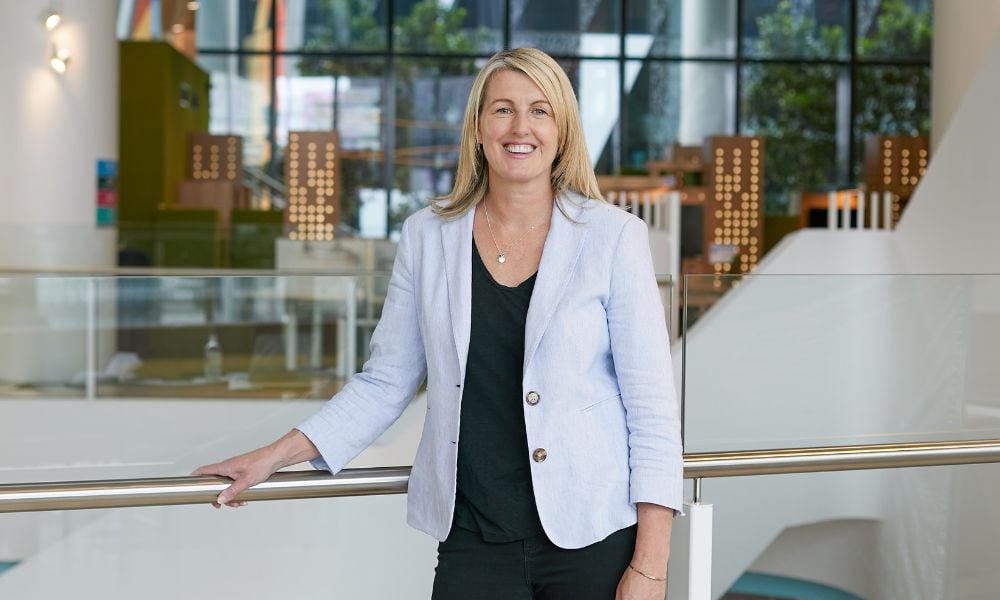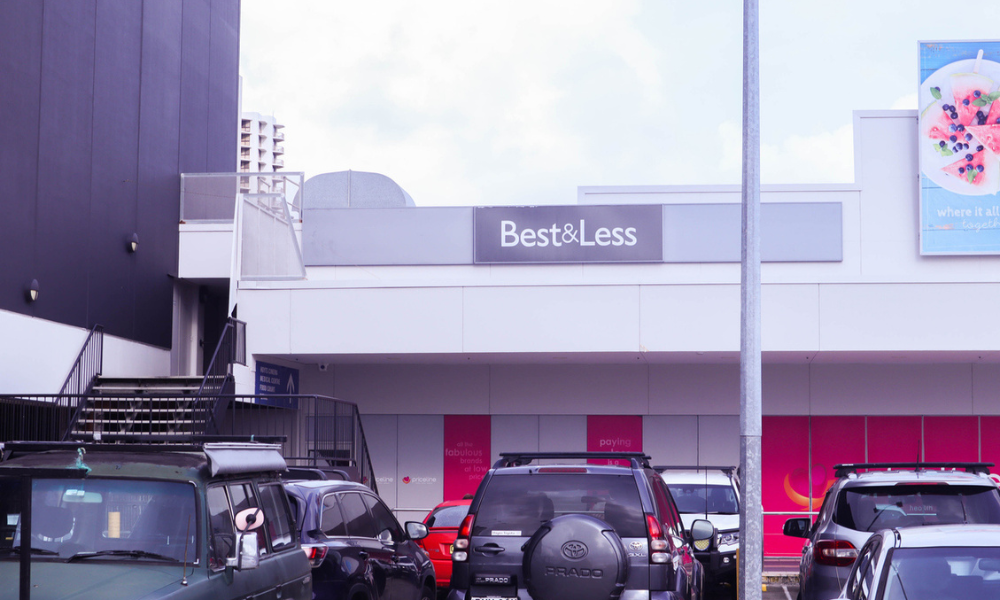'We know that when we give people greater flexibility, they're more engaged and more productive,' says HR head

In October, Medibank announced that it was trialling a four-day work week for 250 of its employees.
“Our hypothesis is that by creating the opportunity for even greater flexibility, our people and teams will adjust their way of working to improve the value of their outputs and reduce unproductive time,” Kylie Bishop, Medibank group lead – people, spaces and sustainability said in a statement upon the announcement.
“As a result, our people will be happier and healthier, and absenteeism and employee retention will improve. We think that’s worth trying and learning from.”
The trial was created in partnership with 4 Day Week Global, an organisation that aims to shift the way people think about work away from hours to productivity and output. And the results will be monitored by Macquarie University’s Health and Wellbeing Research Unit, Macquarie Business School.
How the trial came to be
Bishop told HRD Australia the trial was part of a broader program the company has been running for more than a year called ‘Work Reinvented.’
“Essentially, Work Reinvented invited all 4000 of our people into a conversation activity about challenging traditional ways of working,” she said. “And four-day work week is one experiment in that program.”
The four-day work week trial involves a diverse mix of 250 employees from across the business, both in customer-facing and non-customer-facing roles, Bishop said. And employees could choose to participate in it.
“We’ve got the Work Reinvented program for all employees,” she said. “So all employees have been invited to participate in all types of experiments. And this is just one experiment sitting across the organisation.”
So why 250 people?
“We think it's representative across the teams but 250 does give us a nice scale to look at the metrics and make sure that we're getting some robust measures in there,” she said.
“Culturally, it hasn't set a tone of those in and those out because, equally, those 250 have a lot of work to do. It’s not a compressed work week and they're essentially doing it on behalf of others in the organisation and that's not lost on them. They're being really considerate and thoughtful about how they're approaching the experiment.”
‘Absolute excitement’ about 4-day week
The trial is based on the 100:80:100 model, where workers keep 100% of their pay, reduce their working hours to 80% and maintain 100% productivity. Medibank dubbed the time workers get as a result of the trial as “the gift” and while full-time workers get one full day, it is pro-rated for part-time workers.
Employees reacted with “absolute excitement” when the idea of a four-day work week was introduced at the company, Bishop said.
“When we launched Work Reinvented, that was over a year ago,” she said. “And we started talking about the concept of challenging the traditional workweek. And by virtue, people knew that that meant we were taking a look at a four-day work week.
“There was a lot of excitement and a lot of people just wanting to understand how it works and being really clear what this model meant around 100% productivity, 80% of the time for 100% of the pay. And being really transparent that it's not a compressed workweek. There's lots of work for teams to do to make sure it's sustainable and scalable.”
The goal of the trial
Medibank joins a number of companies that have tried a four-day work week, including Unilever, Our Community, The Walk and More Than Mortgages.
In a recent Hays study, 40% of respondents believe a four-day work week will become a reality in five years.
"Proponents argue a four-day work week can boost productivity, improve employee morale and wellbeing, and reduce stress and burnout. At a time of talent shortages, it can also aid candidate attraction, engagement, and retention," Nick Deligiannis, managing director of Hays in Australia & New Zealand said in a statement.
Medibank’s four-day work week trial will take place over six months, with the results monitored on a monthly basis.
“Then we'll make some decisions,” Bishop said. “No doubt, we'll learn a lot at that six-month mark to then inform how we might think about it.”
While there is a lot to learn, it’s hoped the trial will provide more flexibility for employees, she said.
“Our belief is essentially that by challenging low-value work that exists in the organisation that we can create greater flexibility for our people,” she said. “And we know that when we give people greater flexibility, that they're more engaged and more productive and that ultimately has better outcomes for our customers. So that's what we're really passionate about.”








